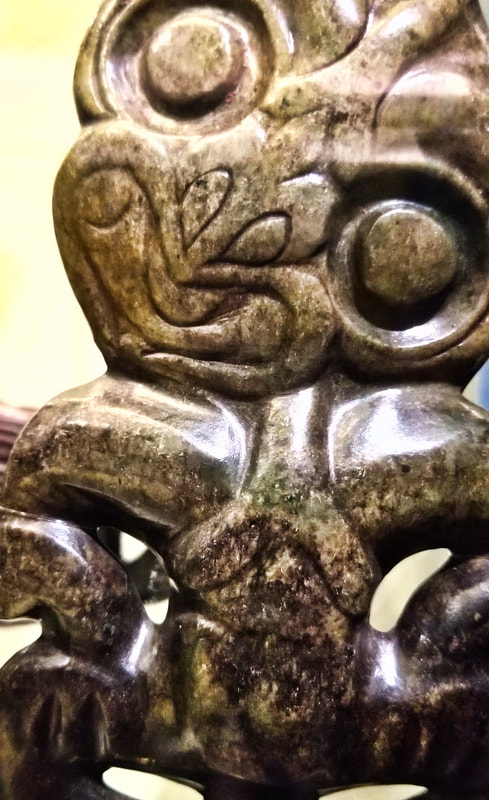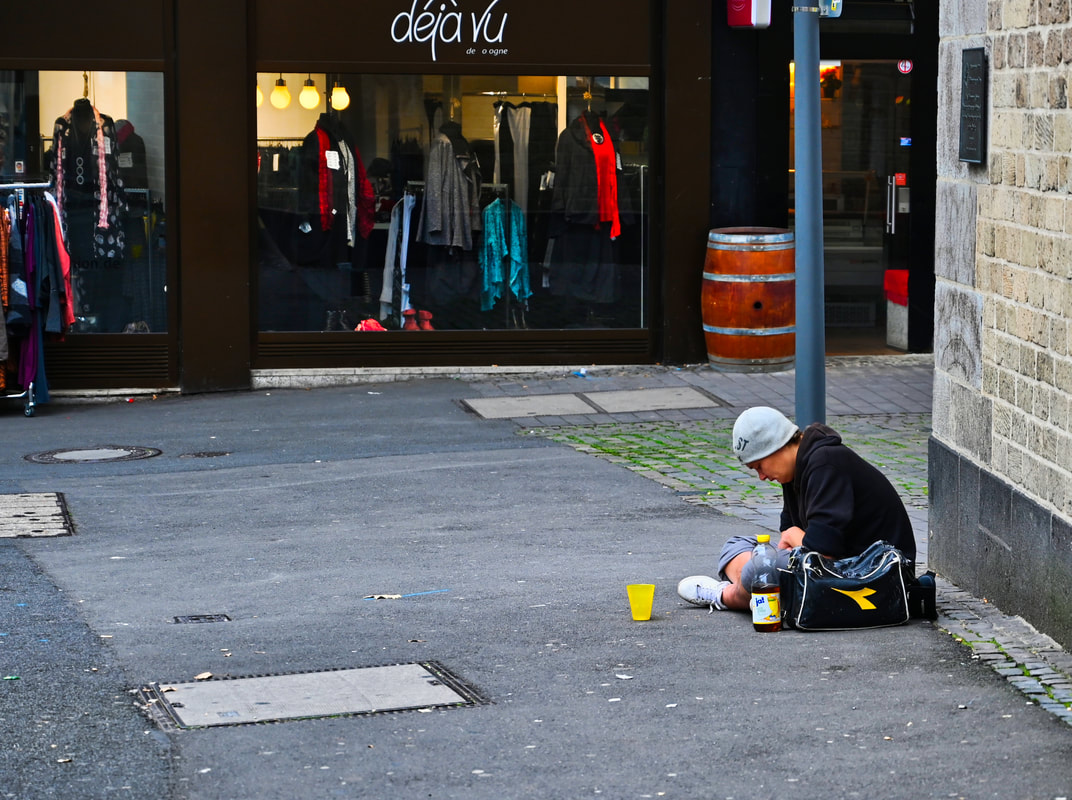I chose her poem "The Angel's Visit" because it recorded how she felt at the loss of her only child's life and is the most heartfelt. Other poems she wrote are dedicated or cite famous works of art or people like Wordsworth.
The picture above is from the bridge of Angels in Rome, Italy at sunset. Below is an alternate use of an Angel by a modern band. It is one of the valuable aspects of poetry is it makes music lovely.
Writing Assignment: Write about an Angel that visits you for some reason. Use a fixed form but convey strong emotion.

















 RSS Feed
RSS Feed